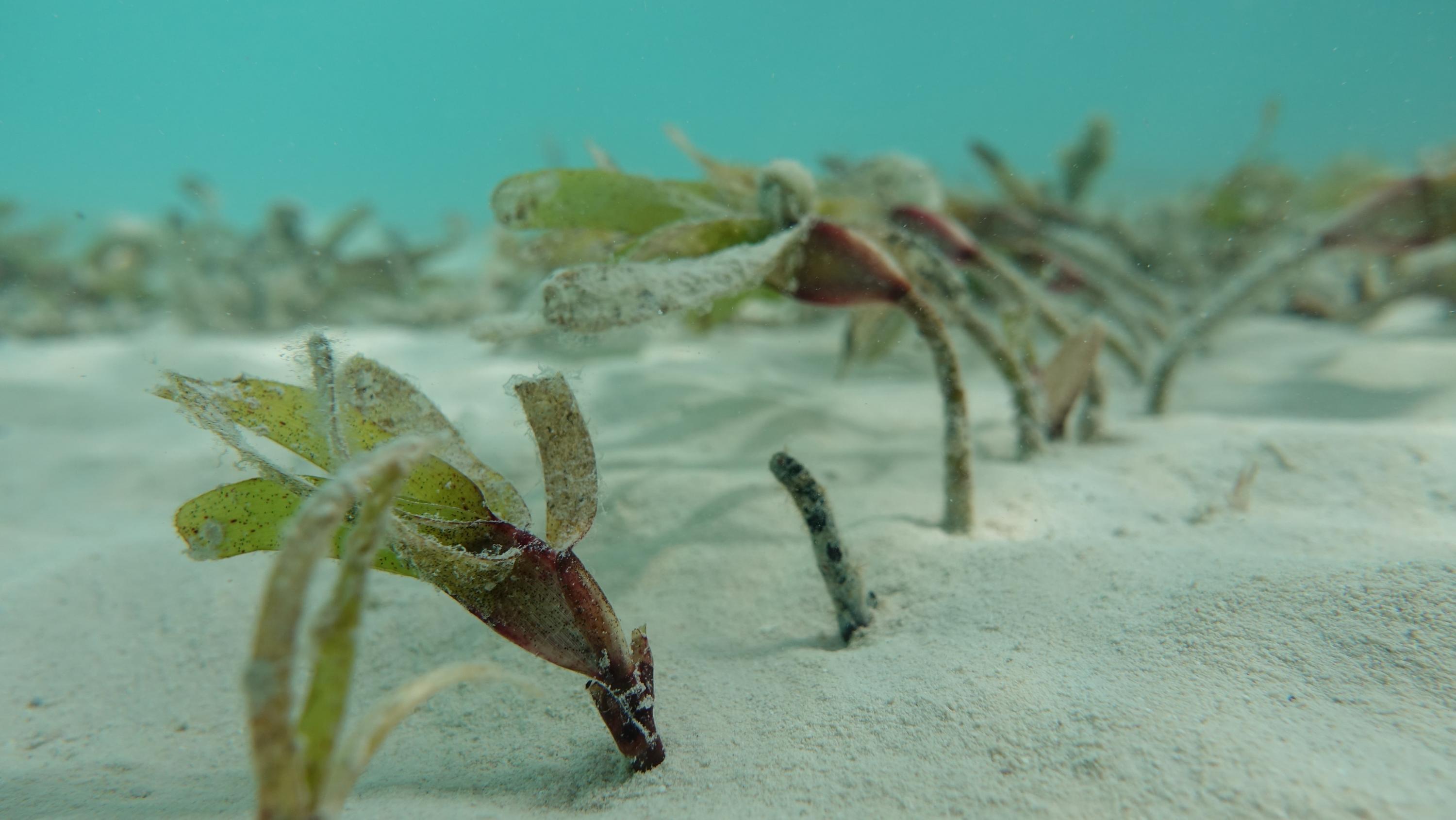In an effort to help increase international ambition towards the protection of the global coastal blue carbon ecosystems, the IOC has recently joined the Australian Government Department of Agriculture, Water and the Environment as Coordinator of the International Partnership for Blue Carbon (IPBC).
Blue carbon ecosystems – mangroves, tidal marshes and seagrasses – are highly productive coastal ecosystems that are particularly important for their capacity to store carbon within the plants and in the sediments below. Scientific assessments show that they can sequester two to four times more carbon than terrestrial forests and are thereby considered a key component of nature-based solutions to climate change. Despite their importance, coastal blue carbon ecosystems are some of the most threatened ecosystems on Earth. They are being degraded or destroyed at four times the rate of tropical forests and climate change threatens to accelerate these losses.
The International Partnership for Blue Carbon (IPBC) was launched at COP21 in Paris in 2015 by nine founding Partners – and has since expanded to more than 40 Partners in 2021. It provides an open forum for government agencies, non-governmental organizations, intergovernmental organizations and research institutions to connect, share and collaborate to build solutions, take actions, and benefit from the experience and expertise of the global community, with a vision to protect, sustainably manage and restore global coastal blue carbon ecosystems. Founding Partner and active member of the Partnership ever since its establishment, the IOC has joined the Australian Government Department of Agriculture, Water and the Environment as Coordinator of the Partnership in 2020, with the aim of helping to scale up countries’ ambition towards the protection of the global blue carbon assets.
On 27-28 April 2021, IPBC Partners gathered for a virtual Partners Dialogue that allowed them to build new connections, exchange on the needs and priorities for coastal blue carbon ecosystems at the national and international levels, to review the Partnership’s progress, and to agree on the way forward for the Partnership.
Blue carbon is part of the agenda at numerous international forums in 2021, including the UN Climate Change Conference (COP26) in Glasgow, UK, the Ramsar Convention on Wetlands COP14 in Wuhan, China and the UN Biodiversity Conference in Kunming, China.
IPBC Partners agreed to collaborate in the lead-up to these events to build and convey a common message on blue carbon and nature-based solutions for climate change, biodiversity and livelihoods, as well as to agree on how the IPBC can help amplify this message and stimulate action through its presence at these forums.
The Dialogue also outlined a list of priority activities and practical collaboration to be progressed in the upcoming months. This includes developing a series of knowledge exchange sessions on areas of interest, such as blue carbon financing and meeting national NDCs through blue carbon activities.
The Partners Dialogue was co-convened by the IPBC Coordinator Team[i] and the Ministry of Oceans and Fisheries of the Republic of Korea and was attended by more than 50 participants in representation of the 48 IPBC Partners.
To stay updated on the latest news, follow the IPBC on Twitter and LinkedIn.
[i] Australian Government Department of Agriculture, Water and the Environment and the Intergovernmental Oceanographic Commission of UNESCO.
